Most Powerful Female Rulers in History: Do You Know? From most influential European rulers like Jadwiga of Poland, Eleanor of Aquitaine, and Queen Elizabeth of England, to the women from ancient Egyptian pharaohs, warrior queens in India, and empire builders in Europe and China, they all have played pivotal roles in world history.
Therefore, throughout history, women have shaped numerous empires, and left legacies. You will discover how these women’s leadership and diplomacy show that female rulers across Asia, Europe, and beyond continue to inspire.
Through this article, explore 9 of the most powerful female rulers in history, spanning continents and eras. From Hatshepsut and Cleopatra in ancient Egypt, to Boudica in Britain, and Lakshmibai in India, learn how they led armies, and influenced politics.
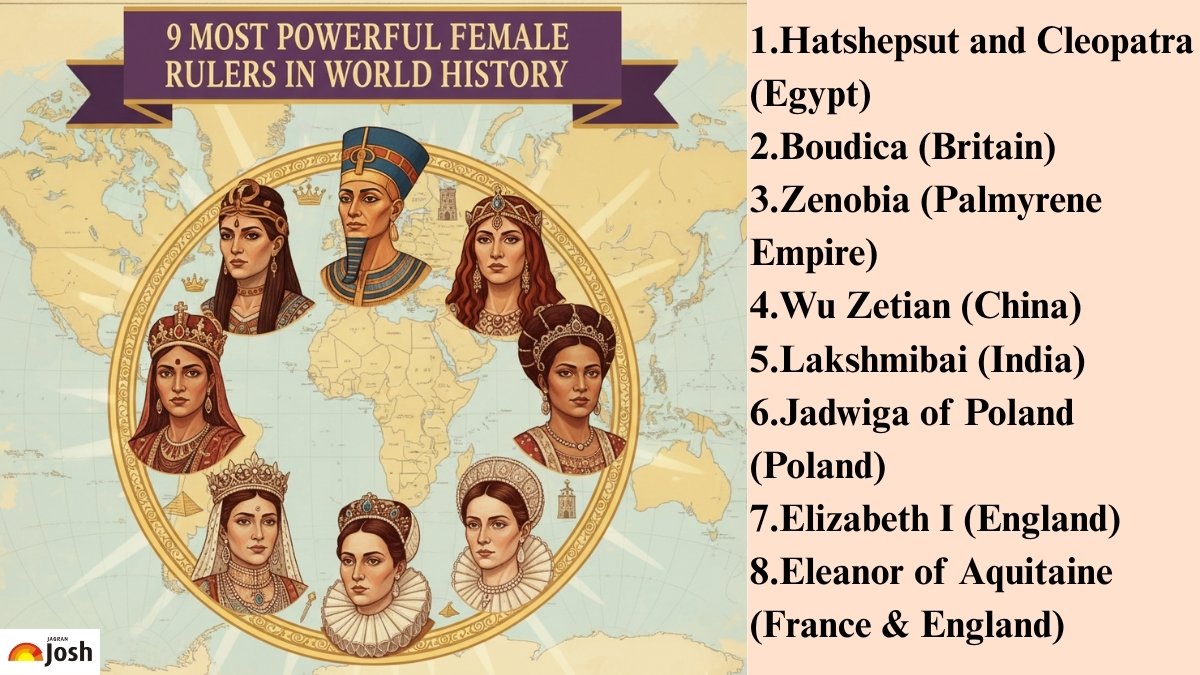
(Infographic showing the visuals of all the most famous powerful female rulers who shaped the empires in world history. Their names are mentioned in the visual, not specified in a particular order.)
List of 9 Most Powerful Rulers in Ancient, Medieval, and Early-Modern History
The political vision, courage, and influence of these warrior queens continue to inspire generations by proving that female leadership has shaped civilisation across Asia, Europe, and beyond. Below is a curated list of nine of the most influential female rulers from different continents and eras:
| S. No | Name | Date of Birth | Realm |
| 1 | Hatshepsut | c. 1507 BC | Egypt |
| 2 | Cleopatra VII | Jan 69 BC | Egypt |
| 3 | Boudica | c. 30 AD | Iceni Tribe, Britain |
| 4 | Zenobia | c. 240 AD | Palmyrene Empire |
| 5 | Wu Zetian | 624 AD | China |
| 6 | Lakshmibai | 19 Nov 1828 | Jhansi, India |
| 7 | Jadwiga of Poland | 1374 | Poland |
| 8 | Elizabeth I | 7 Sep 1533 | England |
| 9 | Eleanor of Aquitaine | 1122 | France & England |
Here are the five most powerful female rulers in world history:
1. Hatshepsut
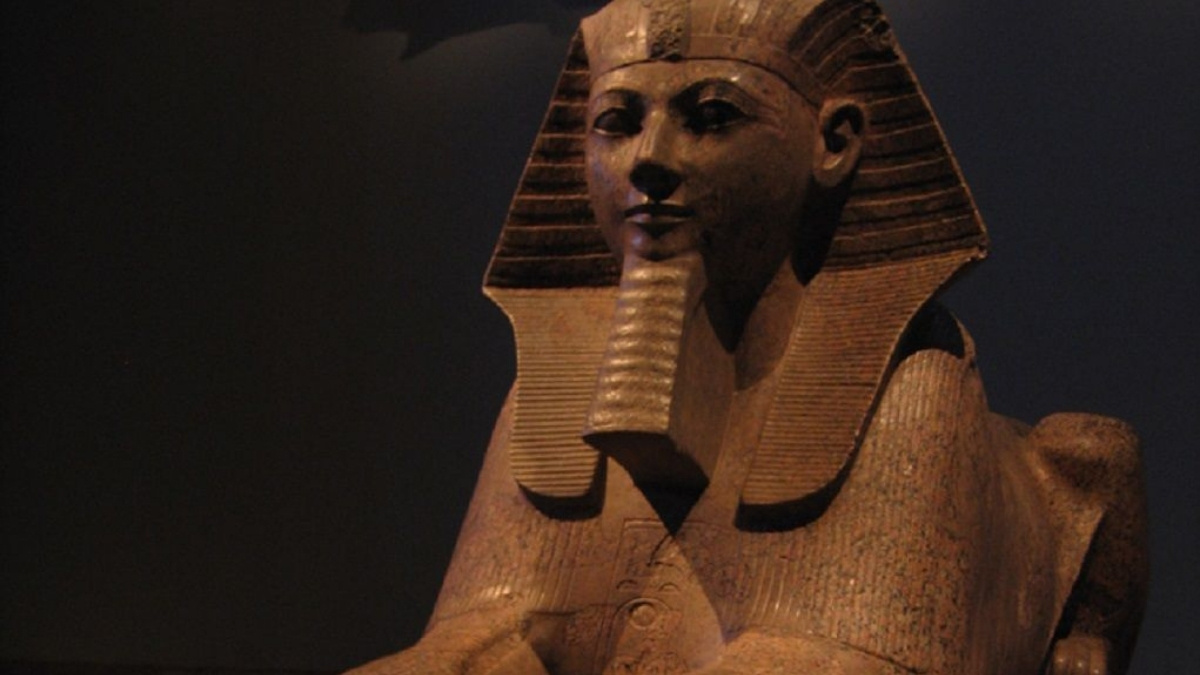
(Credits: ThoughtCo)
Hatshepsut ruled Egypt during the 15th century BC. She oversaw ambitious building projects and trade expeditions. Moreover, she was known for often adopting male regalia to consolidate power and demonstrating political acumen and strategic vision that strengthened Egypt’s economy and cultural influence.
2. Cleopatra VII
-is-celebrated-for-her-intelligence,-diplomacy,-and-alliances-with-Julius-Caesar-and-Mark-Antony.-1762925807552.jpg)
(Credits: Biography)
Cleopatra (69–30 BC) is celebrated for her intelligence, diplomacy, and alliances with Julius Caesar and Mark Antony. Her leadership ensured Egypt retained independence amid Roman expansion, making her a lasting symbol of resilience and statecraft.
3. Boudica
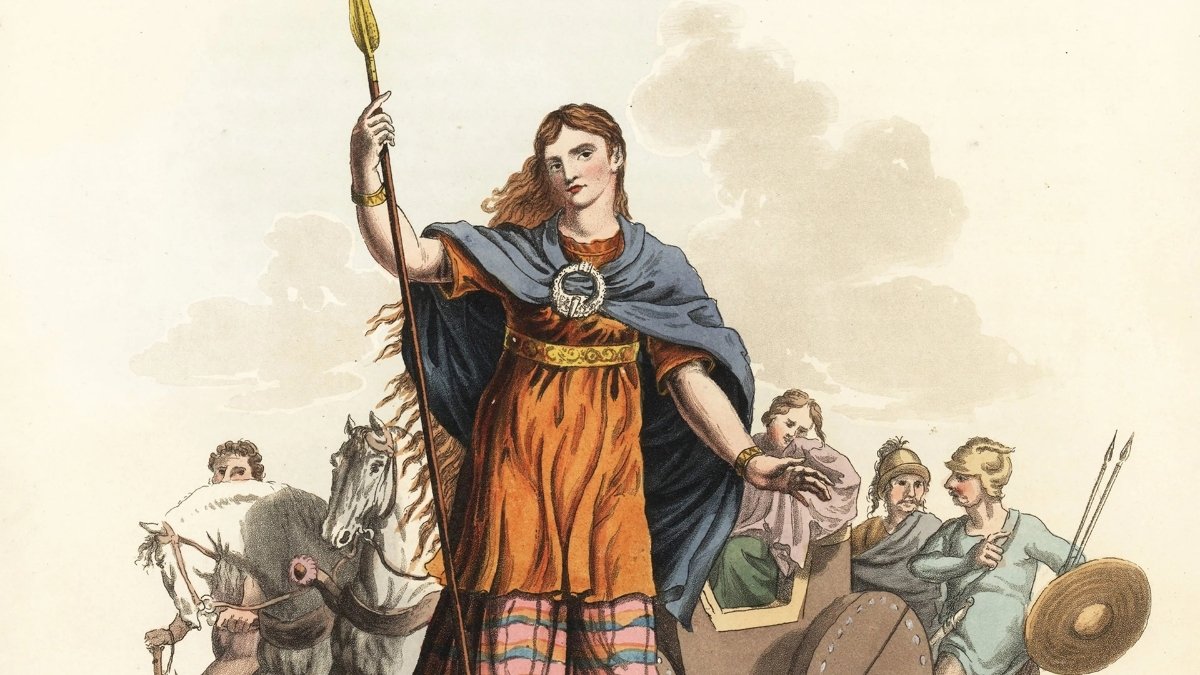
(Credits: Aeon)
Boudica led the Iceni tribe in a major revolt against Roman occupation around 60 AD. She is known for her fierce resistance and military strategy. She inspired generations and cemented her legacy as a fearless champion of her people.
4. Wu Zetian

(Credits: Sixth Tone)
Wu Zetian broke barriers as the only woman to rule China outright. She even expanded the Tang Dynasty’s territory, promoted merit-based governance, and patronised Buddhism, leaving a lasting imprint on Chinese civilisation.
5. Rani Lakshmibai
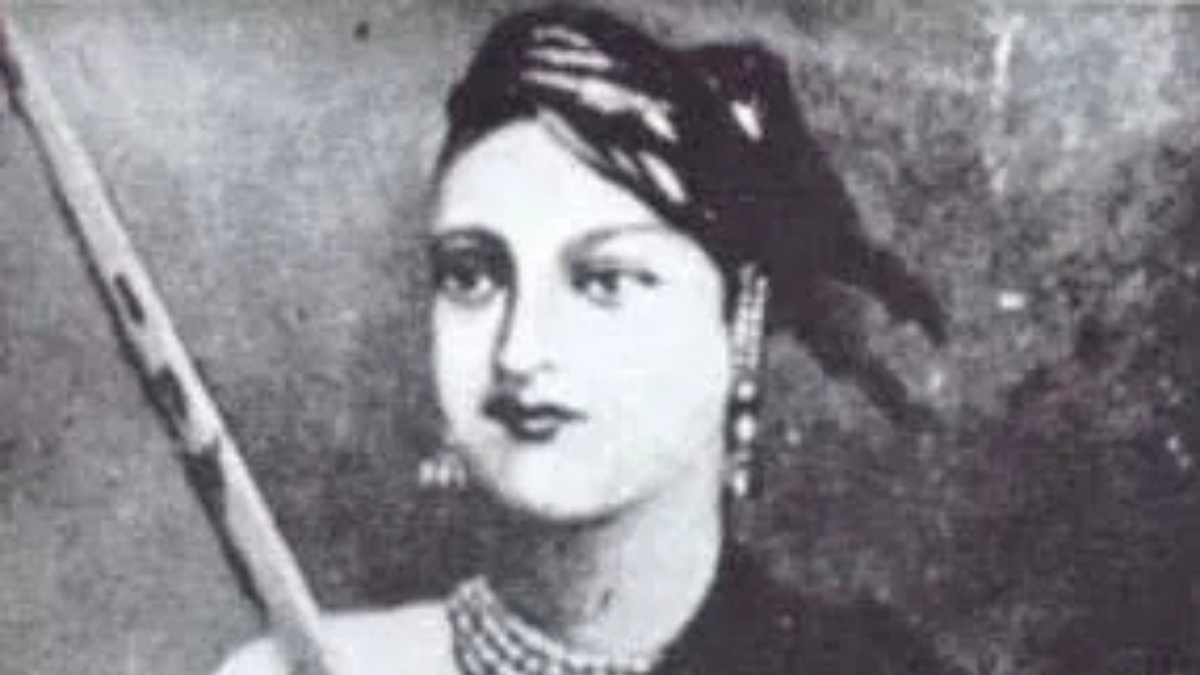
(Credits: Britannica)
Lakshmibai was a key leader in the Indian Revolt of 1857 against British colonial rule. Her bravery, military skill, and leadership inspired freedom fighters across India, making her an enduring symbol of resistance and patriotism.
6. Elizabeth I
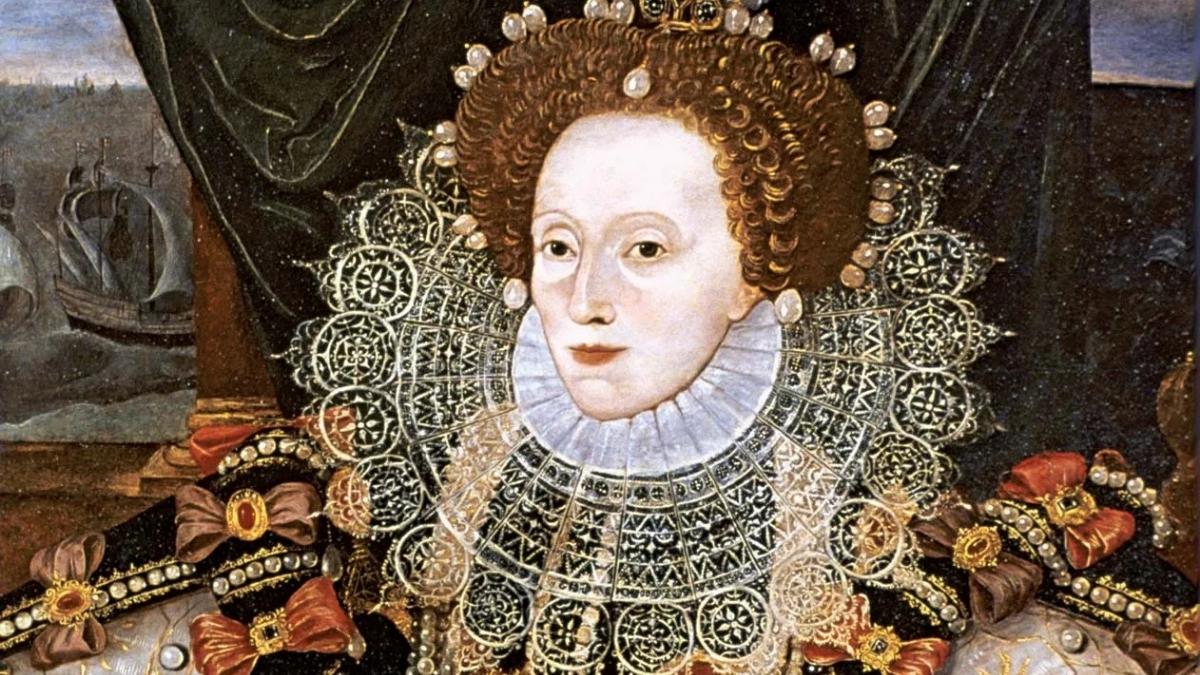
(Credits: Britannica)
Queen Elizabeth I ruled from 1558 to 1603, and steered England through religious turmoil, naval wars, and cultural rebirth. Her reign, the Elizabethan Era, saw the defeat of the Spanish Armada and a flourishing of the arts.
| Bonus Trivia Facts— Women Who Carried the Legacy Forward and Shattered Empires:
|
You May Also Like To Read:
List of 9 Forgotten Kingdoms Lost to Time, Check Here!
List of 7 Most Famous Mathematicians in History, Check the Hidden Legends!
List of 9 Most Influential Dynasties in World History, Check Here!
Conclusion
Therefore, these nine rulers span ancient Egypt, Britain, India, China, Poland, France, and Byzantium. They only demonstrate one thing: that the female leadership has shaped history across continents and centuries. Whether ancient or modern, these women’s legacies continue to resonate, proving that leadership knows no gender.
From the temples of Thebes to the courts of London and the fortresses of Jhansi, these nine women embody power, intellect, and resilience.
To see more of such stories, you can go ahead and add this site to your preferred sources by clicking here.
Comments
All Comments (0)
Join the conversation